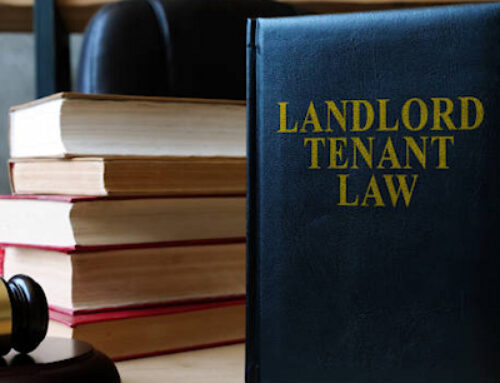What landlords need to know about a Conservative Government

Following the unexpected result of the recent General Election, the mood amongst landlords and letting agents is one of collective relief. Even the national polls failed to predict a Conservative majority and we were all expecting some form of coalition Government. However, with Mr Cameron back in Number 10 for another five years, the threat of anti-landlord legislation in England, possible rent controls, compulsory long-term tenancies etc., should hopefully be avoided.
In the Conservative manifesto, unlike the other main political parties, there were little or no proposed changes to the Private Rental Sector. We are all aware of the policy amendments which are already passing through parliament: obviously the ‘revenge eviction’ bill which has now been added to the Deregulation Bill 2015 is an area of concern. However from here on in a Conservative majority means national landlord registration is unlikely to happen, while Labour promises about rent rise caps will be unsuccessful.
Only last week David Cameron mentioned Private Landlords in his speech on Immigration stating the Conservative Government plans a nationwide rollout of the tenant immigration checks process being currently being trialed in the West Midlands. He also stated the Conservatives will change the rules to enable landlords to evict illegal immigrants more quickly. There was a mention too of coming down hard on ‘unscrupulous landlords who cram houses full of illegal migrants’, by introducing a new mandatory licensing regime.
Of course we will all keep a close eye on how things pan out and our industry will probably comment loudly on changes and proposals as it always does. A Conservative government might not have promised a great deal to landlords, but it may prove to be more sympathetic to the private rented sector than its alternative.
Here is a summary of post-election intentions from the Conservative party:
- Build 200,000 starter homes. Along with this is the investing of a predicted £4.5bn raised from Right to Buy into new property and a £1bn brownfield regeneration fund that aims to build 400,000 additional new houses over five years.
- Offer a 20% discount for first time buyers under 40, which must be repaid if the home is sold within five years.
- Extend the equity loan element of the Help to Buy scheme until 2020 in relation to new-build homes
- Launch a new Help to Buy ISA to assist first-time buyers increase their deposit by 25% up to a maximum Government contribution of £3,000
- As part of the extension of the Right to Buy scheme, councils and housing associations will be required to sell their 210,000 most-valuable properties first, once they became vacant.
- Give no housing benefit for 18 to 21 year olds
- Roll out the Right to Rent immigration checks nationally
- Roll out Universal Credit nationally, combining 6 benefits into one monthly payment direct to tenants.
Crystal joined Pace in 2007 and was appointed to her current role of Managing Director in 2010, heading up the company founded by her father in 1994.
She is responsible for the daily operations of the business, whilst also ensuring the company is financially sound, has strategic direction and is planning for future growth.
Crystal takes a thoughtful and considered approach to all that she does, transferring her determination to deliver implicit care, attention and professionalism to every member of her team.
Pace employ 20 full time staff. Meet the key team members here.







